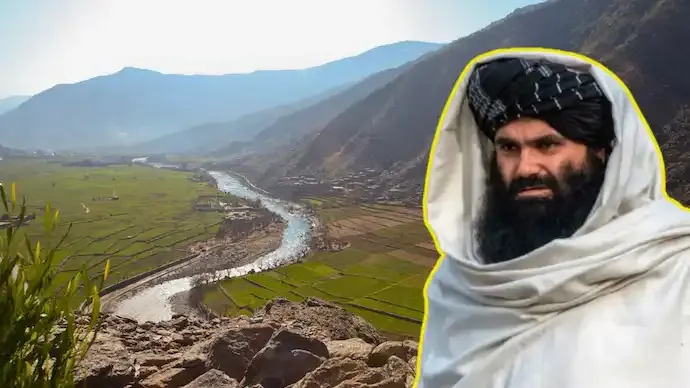Shopping cart
Your cart empty!
Terms of use dolor sit amet consectetur, adipisicing elit. Recusandae provident ullam aperiam quo ad non corrupti sit vel quam repellat ipsa quod sed, repellendus adipisci, ducimus ea modi odio assumenda.
Lorem ipsum dolor sit amet consectetur adipisicing elit. Sequi, cum esse possimus officiis amet ea voluptatibus libero! Dolorum assumenda esse, deserunt ipsum ad iusto! Praesentium error nobis tenetur at, quis nostrum facere excepturi architecto totam.
Lorem ipsum dolor sit amet consectetur adipisicing elit. Inventore, soluta alias eaque modi ipsum sint iusto fugiat vero velit rerum.
Sequi, cum esse possimus officiis amet ea voluptatibus libero! Dolorum assumenda esse, deserunt ipsum ad iusto! Praesentium error nobis tenetur at, quis nostrum facere excepturi architecto totam.
Lorem ipsum dolor sit amet consectetur adipisicing elit. Inventore, soluta alias eaque modi ipsum sint iusto fugiat vero velit rerum.
Dolor sit amet consectetur adipisicing elit. Sequi, cum esse possimus officiis amet ea voluptatibus libero! Dolorum assumenda esse, deserunt ipsum ad iusto! Praesentium error nobis tenetur at, quis nostrum facere excepturi architecto totam.
Lorem ipsum dolor sit amet consectetur adipisicing elit. Inventore, soluta alias eaque modi ipsum sint iusto fugiat vero velit rerum.
Sit amet consectetur adipisicing elit. Sequi, cum esse possimus officiis amet ea voluptatibus libero! Dolorum assumenda esse, deserunt ipsum ad iusto! Praesentium error nobis tenetur at, quis nostrum facere excepturi architecto totam.
Lorem ipsum dolor sit amet consectetur adipisicing elit. Inventore, soluta alias eaque modi ipsum sint iusto fugiat vero velit rerum.
Do you agree to our terms? Sign up

Taliban-ruled Afghanistan has announced plans to restrict river water to Pakistan, following India’s suspension of the Indus Waters Treaty. Supreme Leader Mawlawi Hibatullah Akhundzada has ordered the immediate construction of dams on the Kunar River, instructing the Afghan Ministry of Water and Energy to prioritize domestic companies for the project. This move comes just weeks after deadly clashes along the Durand Line, highlighting growing tensions between Kabul and Islamabad.
The Kunar River, originating in the Hindu Kush mountains, flows through Afghanistan’s Kunar and Nangarhar provinces before entering Pakistan’s Khyber Pakhtunkhwa, where it merges with the Kabul River near Jalalabad. The Kabul River is a major tributary of the Indus, and any reduction in its flow could significantly impact Pakistan’s agriculture and water supply, particularly in Khyber Pakhtunkhwa and Punjab.
This decision aligns with Afghanistan’s ongoing push to assert water sovereignty, a priority for the Taliban since taking power in 2021. The regime has accelerated dam construction and hydropower projects to harness river systems for energy, irrigation, and reducing dependence on neighboring countries. Pakistan has expressed concern, warning that unilateral actions could trigger a regional water crisis amid growing energy and food security challenges.
The move by Afghanistan follows India’s own suspension of the Indus Waters Treaty, which governed water-sharing of the three western rivers. India’s decision came after the killing of 26 civilians in Pahalgam on April 22 by Pakistan-backed terrorists, highlighting a growing regional trend of asserting water control as a tool of geopolitical leverage.
Meanwhile, India and Afghanistan have strengthened hydropower and water cooperation, exemplified by the Salma Dam (Afghan-India Friendship Dam) in Herat, funded by $300 million from India. The dam produces 42 MW of electricity and irrigates 75,000 hectares of land. Another key project, the Shahtoot Dam on the Maidan River, funded with $250 million from India, will supply clean water to over two million Kabul residents and irrigate 4,000 hectares for agriculture.
The Taliban’s Kunar River initiative could redefine South Asian water politics, affecting Pakistan’s irrigation-dependent regions and adding complexity to India-Pakistan-Afghanistan relations. Analysts warn that this latest move underscores the strategic importance of transboundary rivers in regional security and energy planning, emphasizing the need for sustainable water management policies.
7
Published: 2h ago